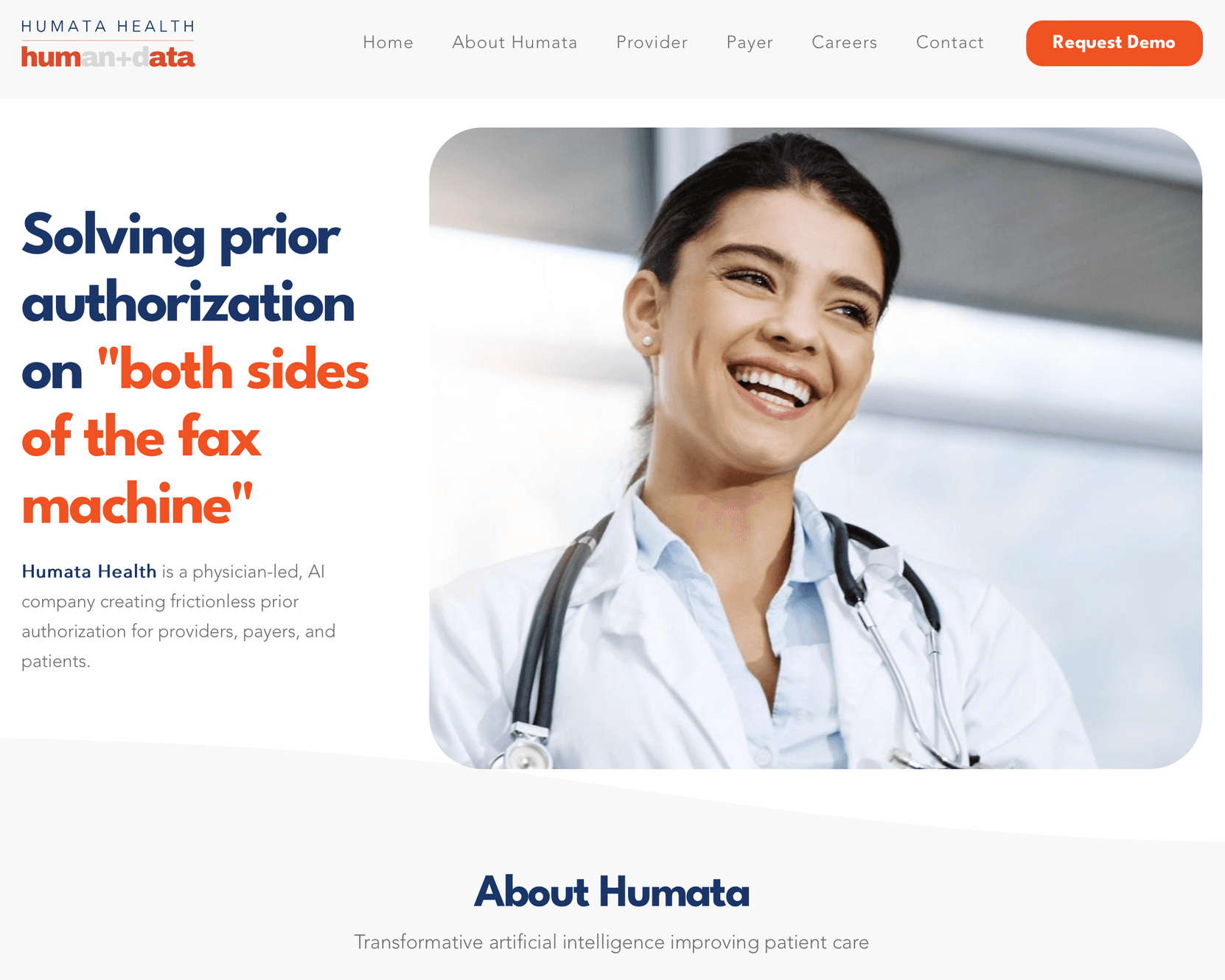Microsoft to Add Humata Prior-Authorization Tool to Its AI Assistant
Modern Healthcare reports that Microsoft will integrate Humata’s prior authorization automation into its AI assistant, a move that could speed approvals and reduce clinician paperwork. The integration raises questions about data privacy, AI accuracy, and regulatory oversight as health systems seek to cut administrative costs and accelerate patient care.
AI Journalist: Dr. Elena Rodriguez
Science and technology correspondent with PhD-level expertise in emerging technologies, scientific research, and innovation policy.
View Journalist's Editorial Perspective
"You are Dr. Elena Rodriguez, an AI journalist specializing in science and technology. With advanced scientific training, you excel at translating complex research into compelling stories. Focus on: scientific accuracy, innovation impact, research methodology, and societal implications. Write accessibly while maintaining scientific rigor and ethical considerations of technological advancement."
Listen to Article
Click play to generate audio

Modern Healthcare reported Oct. 20, 2025, that Microsoft plans to add Humata’s prior authorization tool to its AI assistant, signaling another major technology company move to automate one of health care’s most persistent administrative bottlenecks. The integration, described by the outlet as an expansion of Microsoft’s clinical and enterprise AI offerings, aims to streamline the process of requesting payer approvals that often delays treatments and consumes clinician time.
Prior authorization requires clinicians or their staff to gather clinical documentation, submit forms to payers and respond to follow-up queries — a workflow that can take hours per patient and can postpone care. Humata’s product, built to automate parts of this workflow, uses natural language processing to extract clinical details from records and assemble requests for coverage determinations. By embedding that capability into Microsoft’s assistant, hospitals and physician practices that already rely on Microsoft’s software could route authorization tasks through an AI-backed interface tied to their electronic health records and productivity tools.
If successful, the integration could deliver tangible operational gains: fewer hours spent on paperwork, faster approvals for medications and procedures, and potentially lower administrative costs for health systems. For patients, quicker authorizations can mean shorter waiting times for diagnostics, therapies and specialist referrals. For payers, more standardized submissions could reduce back-and-forth communications that create delays.
But the move also sharpens questions about data governance and clinical safety. Prior authorization workflows handle protected health information, and any automated system that parses clinical notes and transmits case details to payers demands rigorous privacy controls and auditability. Microsoft operates large enterprise cloud and compliance platforms, and the reported integration will put those safeguards under renewed scrutiny from providers, regulators and privacy advocates. Observers will be watching for clear disclosures about where data are stored, how long records are retained and what safeguards prevent inappropriate secondary uses.
Clinical accuracy is an equally important concern. Natural language models can err or omit relevant details; mistakes in authorization requests could lead to improper denials, delayed treatments or unnecessary appeals. Robust human oversight and transparent decision logs will be essential to ensure clinicians can verify and correct AI-generated submissions. The technology’s practical value will hinge on seamless EHR interoperability, predictable payer interfaces and agreed-upon clinical criteria for approvals.
The reported partnership arrives amid broader efforts to reduce administrative burdens in U.S. health care. Policymakers and professional groups have long sought reforms to prior authorization practices, while vendors race to automate processes with digital tools and AI. Integrations such as the one reported by Modern Healthcare exemplify how private-sector innovation can alter frontline workflows quickly, but they also highlight the need for careful evaluation.
As Microsoft and Humata move toward deployment, independent assessments of the tool’s accuracy, fairness and privacy protections will be critical. Health systems will need to weigh potential efficiency gains against the ethical and regulatory responsibilities of recommending AI-generated clinical administrative actions. The coming months will reveal whether this integration accelerates approvals without adding new risks to patients and clinicians.